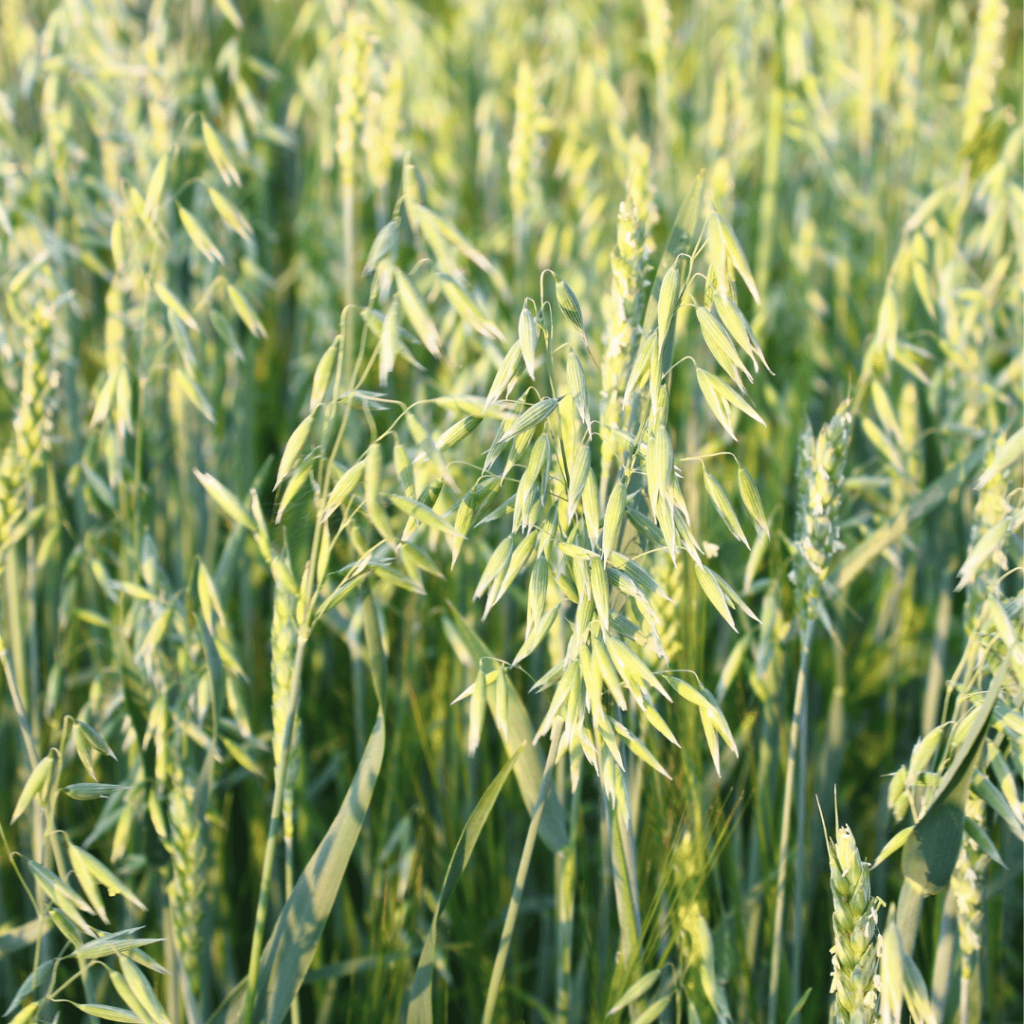- By: Dionne
- June 3, 2020

8 Essential Tips for Aspiring Herbalists: A Guide to Success
Embarking on a journey as an herbalist is a rewarding and fulfilling path, but it comes with its own set

Western Herbalism
This is an excellent question-we’re so glad you asked! You may find yourself here interested in dabbling a little with medicinal plants, growing herbs, or creating a few simple folk remedies. Or perhaps you’re goal is to dive deep into the study and practice of being an Herbalist, and you aspire to open a general herbal practice and work with clients, assisting people with physical and or mental health conditions.
“Herbalists are people that work in the tradition of using Plant Medicine.”
Plant Medicine is a rather wide definition: one where we work with plants and their relationship to shifting the chemistry and functions of the body, mind, emotions, and spirit. And within that wide definition of folks that work with plant medicine, there are many kinds of herbalists that wear many different cloaks. Within the realm of herbalism we may have people that work or practice in many ways that overlap (and then again, sometimes not at all).
This can be confusing to a herbal student, aspiring herbalist, or someone looking for a knowledgeable person in the profession to guide them with a health challenge, or growing herbs, or home medicine making. Who do we ask? Will one person be skilled in all of those things?
The answer may be yes or no, depending on the Herbalist and their level of education. There is no one-size-fits-all-herbalists, so to speak.
As I said, a herbalist is a person who chooses to work with medicinal plants & plant medicine. There are many different ways this can look from person to person. Some herbalists:
…and on and on. There’s many different paths to “being” a herbalist, and that may be another post for another time!
It’s important to note that Herbalists are not currently licensed practitioners in Canada, which can be one reason we see such a range in skill sets amongst folks who are formally educated as herbalists, or who have acquired their knowledge through a less formal apprenticeship model. We rely on registration with a Herbalist Governing body to prove our level of education, a set number of supervised clinical hours, as well as completing a certain amount of continuing education annually to prove our merit to claim the title of “Herbalist”. See the Canadian Council for Herbalists Association to find the Regional Association near you, as well as a list of their registered herbalists.
“My journey as an herbalist has shifted my roles every few years. That is an exciting part of my profession-I have a lot of skills that can be applied in many ways, and so do you.”
-https://uploads.wildrosecollege.com/wildrose/uploads/2021/06/Wisdom-of-the-Universe-by-Christi-B-2.jpg Jennings, Community Herbalist
Some herbalists work more in the “folk” tradition of kitchen herbalism, some within a certain cultural tradition or context, some more from a physio-medical model, and some a combination of them. Some follow the path of studying Ayurveda or Traditional Chines Medicine & use herbs from those traditions only, & some adapt western herbs to that system of medicine.
Some are poets, publishers, survivalists, story-tellers, & fibre or fabric artists.
Some herbalists are what people love to call “hippies” but most are just regular folks like me who love plants, who love working in the lineage of a hundreds of year old tradition of healing, believe in freedom to choose our own mode of health care, and have low tolerance for things that just don’t work health wise–or leave us in servitude of our own poor health.
I find herbalists to be unique, deeply interesting, intelligent, often quirky lovers of plants & the planet who dedicate their lives to the study of plants and their traditional uses so that they can support their communities at large in whatever way they feel is a fit for them.
When I first met fellow herb lovers, I truly felt that I had found my tribe, so to speak. I love the diversity within the community and yet the strong commonality of love for the plants and our fellow people. I would love for you to meet one too, so join us here at the Wild Rose College Community to stay up to date with Wild Rose Events & Workshops, as well as other herb world happenings near and far.
Or join us in the Wild Rose Herbal Village, and connect with a vibrant and supportive herbal community, with monthly herbal educational offerings for everyone.
Herbal Blessings,
https://uploads.wildrosecollege.com/wildrose/uploads/2021/06/Wisdom-of-the-Universe-by-Christi-B-2.jpg Jennings, Community Herbalist
Marketing & Outreach Coordinator, Wild Rose College

Embarking on a journey as an herbalist is a rewarding and fulfilling path, but it comes with its own set

Unlocking Vitality: A Holistic Approach to a Spring Cleanse – is your guide to a holistic spring cleansing, inspired by

Milky Oats: The Best Herb for Self Care In our fast-paced world, self-care is essential for maintaining balance, resilience, and